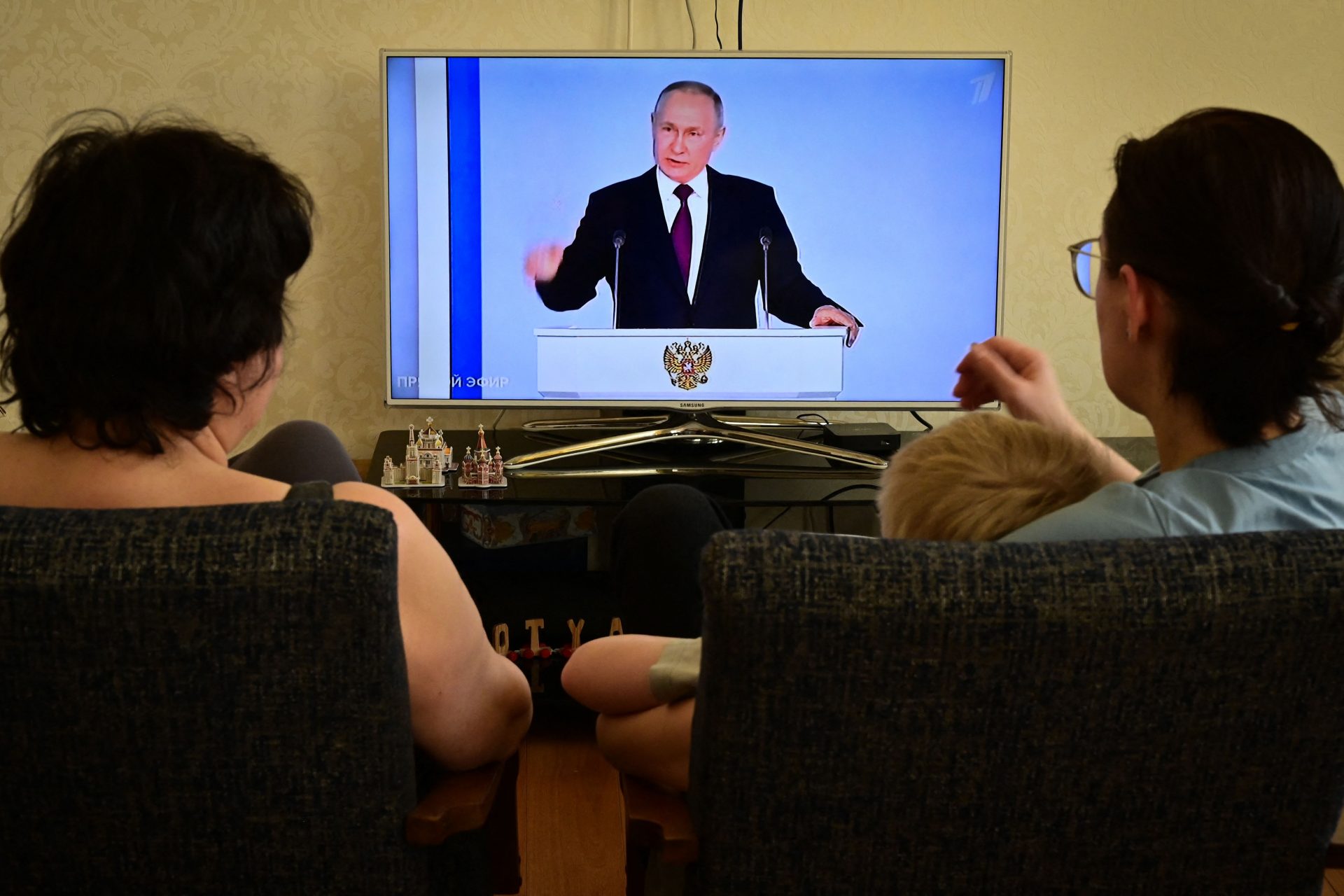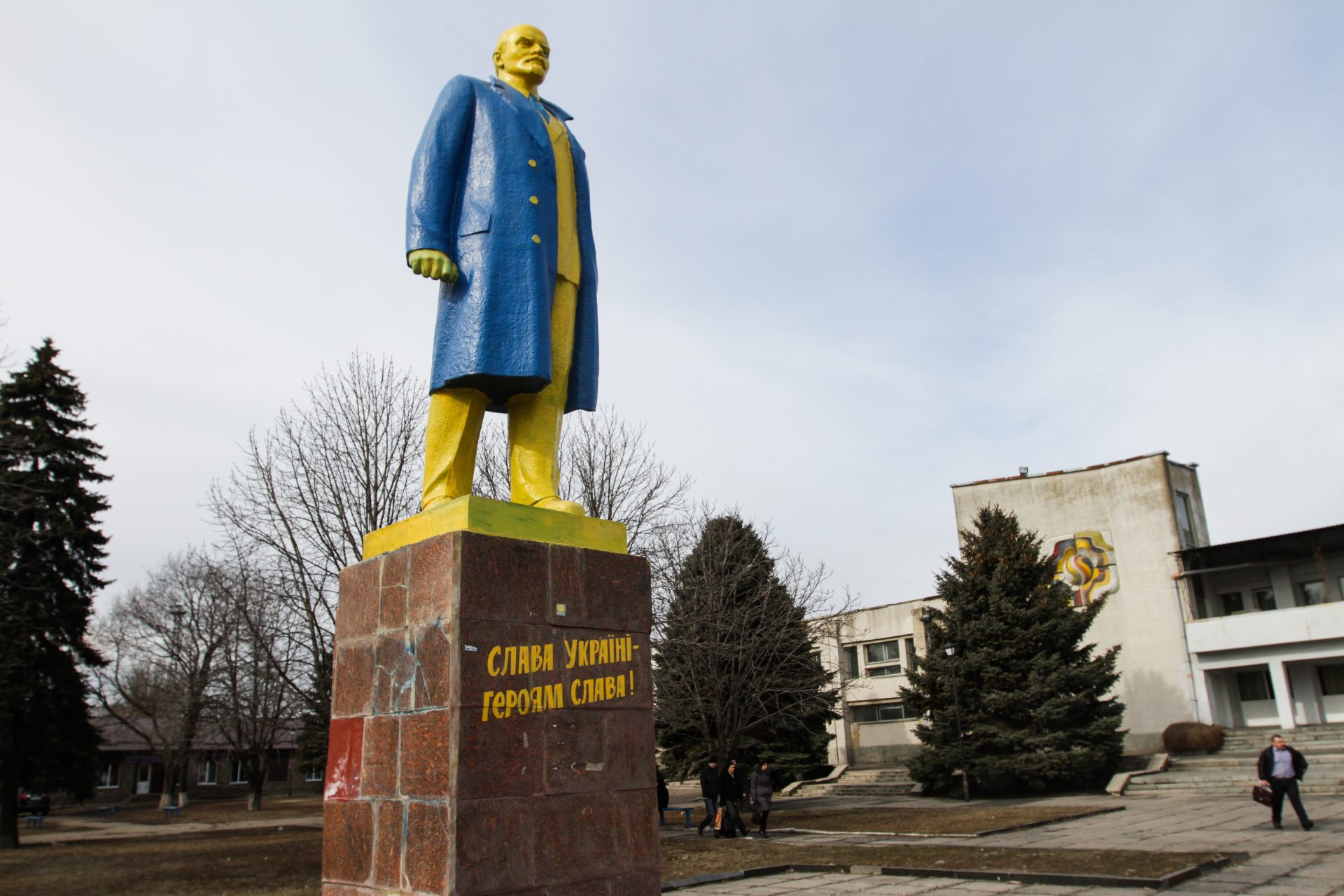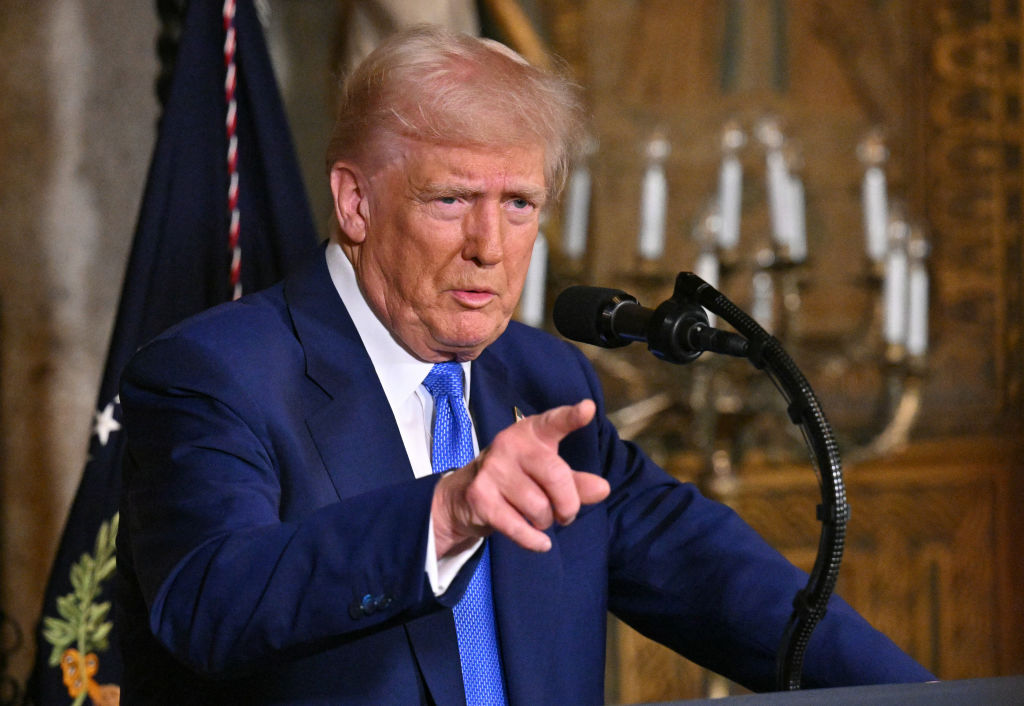How Russia is trying to manipulate the US presidential election
With the US elections only a few weeks away, the United States government is more concerned than ever about foreign influence trying to manipulate the opinion of the average American voter.
The United States government has tried to crack down Kremlin propagandists in the United States, sanctioning 10 individuals for “activities that aim to deteriorate public trust in our institutions”.
Among the individuals sanctioned by the US Treasury stands out Russia Today Editor-in-Chief Margarita Simonyan. Russia Today, rebranded now as RT, is the international arm of Russian state media.
Back in early September, Reuters reported that the US Justice Department charged two employees from RT who have been trying to hire American influencers through a shell company to create content with the goal of manipulating the presidential election.
Some experts and academics have tried to understand and categorize which methods and strategies are used by the Kremlin to sway the American voter into Putin’s interests.
Professor Precious Chatterje-Doody, a Senior Lecturer in Politics and International Studies from Britain’s Open University, has written over the website The Conversation the tell-tale signs of Russian influence in the upcoming US presidential election.
On top of the list, Chatterje-Doody lists the use of online influencers to sway popular opinion on the US election.
The British scholar showcases RT’s controversial use of a Tennessee-based online content firm to cultivate local opinion as just one example of Russia Today’s long-standing relationship with US right-wing populism.
To do so, the Russian government provides platform and resources to media personalities who hold beliefs that align with those from the Kremlin, without the need to directly ordering what message do they want.
On second place, Chatterje-Doody lists the use of fake news websites and false social media profiles to better spread misinformation.
According to the Open University academic, the Kremlin has been harvesting these websites, masquerading as local sites and individuals, focusing on specific groups and particular issues while parroting pro-Russian talking points.
The Guardian wrote back in 2020 that the Kremlin set up a series of fake left-wing websites, with AI-generated staff pictures, and paying very real and unwitting freelance content writers.
Another tactic listed by Chatterje-Doody is labeled “adding fuel to the fire”. That is, not directly creating chaos, but benefitting from existing issues and rifts in current US society to sow discontent.
The Open university academic explains that Kremlin propagandists tend to use a patchwork of real and fake information to plant themselves in an ongoing conversation.
Some of these polarizing topics could include LGBT rights, feminism, inequality, and the treatment of minorities.
They say that the best defense is a good offense, and the fourth talking point Chatterje-Doody highlights is flipping the script.
For instance, when British authorities accused the Kremlin to be behind a series of poisonings in Salisbury back in 2018, Russian politicians claimed that US and UK intelligence services had masterminded these attacks.
Other example of this tactic is accusing any criticisms the Russian government of being “russophobic”, that is, bigoted against Russia in general. This has been particularly common after the country declared war to Ukraine.
Finally, Chatterje-Doody categorizes humor as an important cornerstone of the Russian disinformation playbook.
For instance, portraying the West as a neoliberal totalitarian dictatorship obsessed with political correctness over real problems.
At the same time, the Open University academic RT includes itself as part of the joke, poking fun as its status as a pariah to the west and a propagandist to the Kremlin with a wink and a nudge.
More for you
Top Stories


































